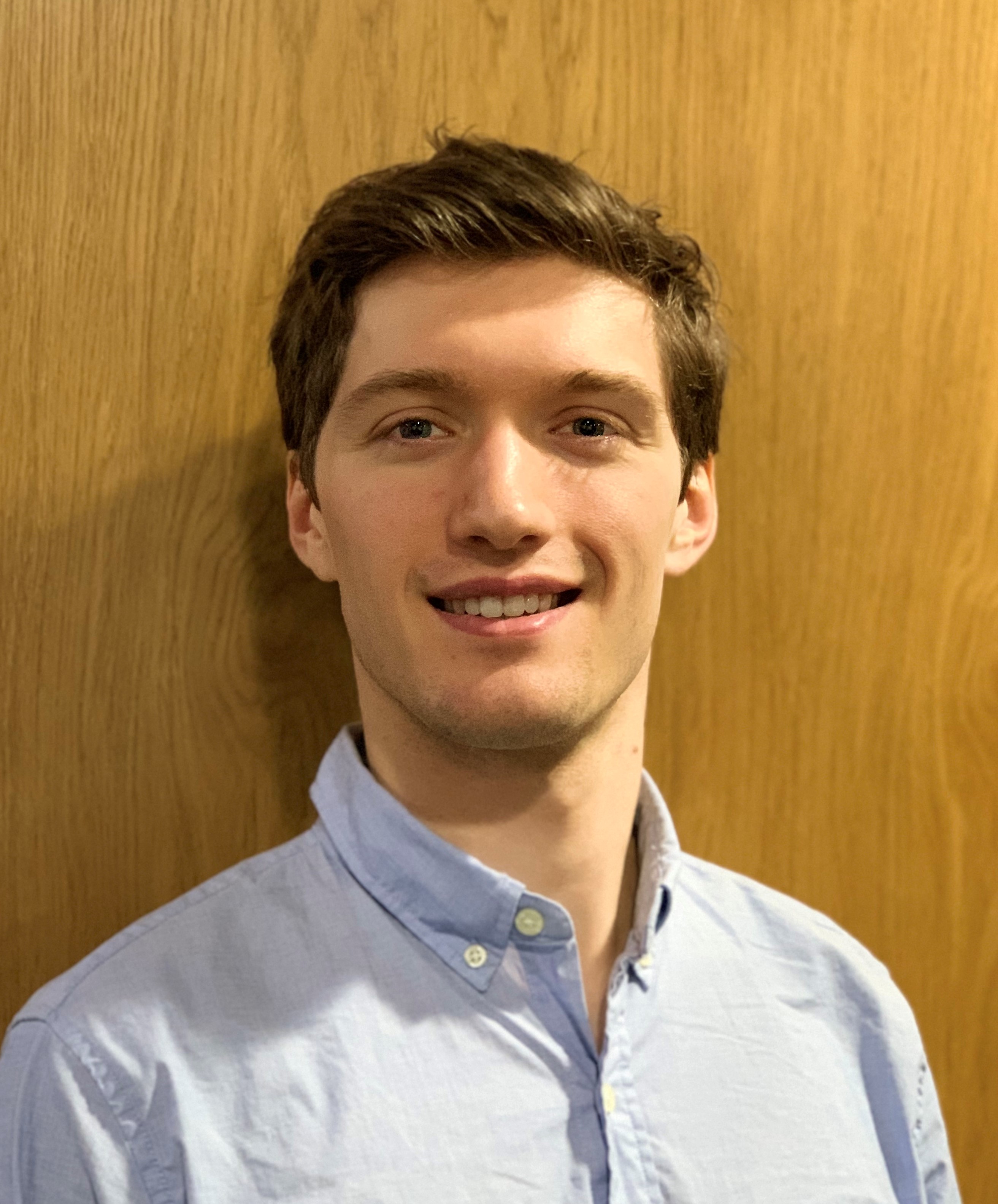
Stuart Knowles
NanoDTC Associate, a2019
Membranes are everywhere in living organisms; as the walls around every cell in your body, they are ubiquitous. Life would not last long, however, if nothing could pass through these membranes, and in fact they are covered all over with nanoscopic pores (also known as channels), which let nutrients and energy pass in and out of the cell. Some of these pores are highly specialised, only letting specific proteins through, with the extreme example being the Nuclear Pore Complex, which mediates transport in and out of the cell nucleus and is one of the most complicated structures in the cell. Despite the specialised nature of some pores, however, we believe that there is a degree of universality underlying the transport of objects through these pores. By thorough characterisation of transport behaviour using a variety of physical models we hope to arrive at a deeper understanding of this biological channel transport, which underpins so many biological processes. I work with both nanoscale and microscale experimental model pores to elucidate the fundamental properties of channel transport, with a particular interest in dynamic fluctuations in the rate of transport. This work will allow insights into biological function, as well as better label-free structural characterisation of nano-objects and improved tuneable nano-machines. PhD Supervisors: Prof. Ulrich Keyser– Department of Physics and Dr. Alice Thorneywork– Department of Physics
Research Topic: Universal Properties of Noise in Channel Transport
